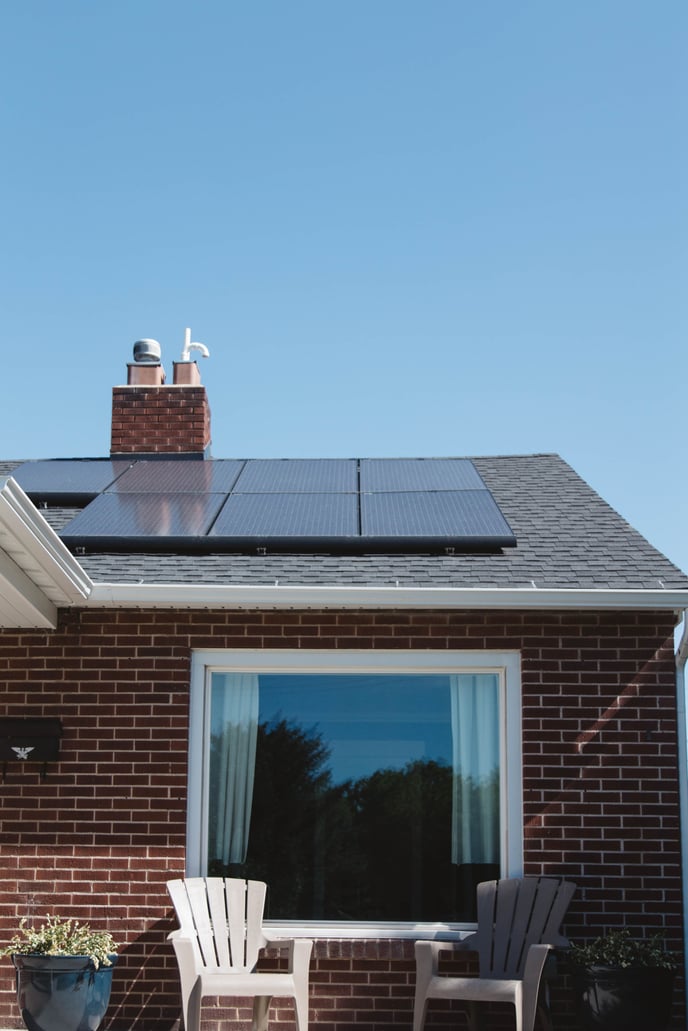What benefits are there?
Homeowners who make improvements like replacing old doors and windows, installing solar panels, or upgrading a hot water heater may qualify for home energy tax credits.There are two tax credits to help defray costs for homeowners making energy-efficient improvements to their primary or secondary residence.
*Energy Efficient Home Improvement Credit*
This credit applies only for home improvements, additions, or renovations to an existing home, primary residence for the taxpayer, and located in the United States, it doesn't apply to newly constructed homes.
- Exterior doors, windows, skylights, and insulation materials.
- Central air conditioners, water heaters, furnaces, boilers, and heat pumps.
- Biomass stoves and boilers.
- Home energy audits.

The amount of credit taxpayers can take is a percentage of the total improvement expenses in the year of installation:
- 2023 through 2032: 30%, up to a maximum of $1,200 annually. Biomass stoves and boilers have a separate annual credit limit of $2,000 annually with no lifetime limit.
*Residential Clean Energy Credit*
Taxpayers can also claim the Residential Clean Energy Credit for qualifying costs for either an existing home or a newly constructed home. Qualifying costs may include:
- Solar, wind, and geothermal power generation equipment.
- Solar water heaters.
- Fuel cells.
- Battery storage.
The amount of the credit taxpayers can take is a percentage of the total improvement expenses in the year of installation:
- 2022 to 2032: 30%, no annual maximum or lifetime limit.
- 2033: 26%, no annual maximum or lifetime limit.
- 2034: 22%, no annual maximum or lifetime limit.
*The credit has no lifetime dollar limit. You can claim the maximum annual credit every year that you make eligible improvements until 2033.
*The credit is nonrefundable, so you can't get back more on the credit than you owe in taxes. You can't apply any excess credit to future tax years.
*There is no income limit for the federal solar tax credit*
Business
If you use a property solely for business purposes, you can't claim the credit (i.e. rentals)
If you use your home partly for business (like an Airbnb part-time, residence for part of the year)
- Business use up to 20%: full credit
- Business use more than 20%: credit based on share of expenses allocable to nonbusiness use
